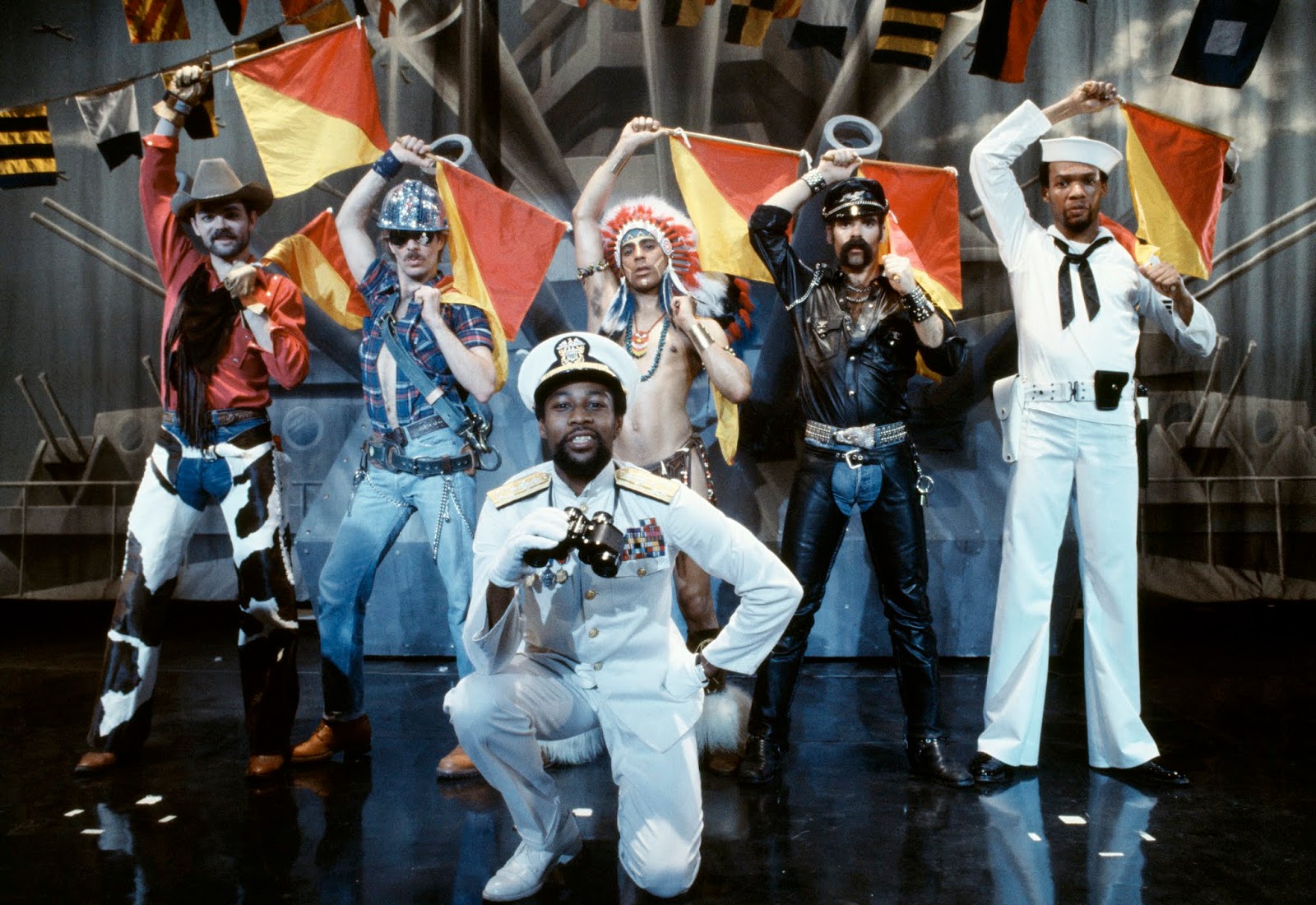However You View It, "However" Is a Big Ol' Problem
In recent years, I've noticed increased misuse and abuse of punctuation, particularly in the form of comma splices and mistaken conjunctions.
Comma Splices/Run-On Sentences
What's a comma splice? Here's an example:
"I went to the store, I had to get some beer."
What we have here are two sentences joined with a comma when they should really be separated into separate with a period (full stop) or by using a conjunction. You've probably heard the term "run-on sentence" rather than "comma splice," which is technically "I went to the store I had to get some beer," the distinguishing feature being a complete lack of punctuation. These two sins are, for the most part, morally equivalent, and what they're called is pretty irrelevant anyway.
How to avoid stacking sentences on top of each other like this depends a bit on how you read. When I edit, I typically read the first part of a sentence, and once what I'm reading becomes a full sentence (e.g., "I went to the store"), I look at the remainder of the sentence. If what remains could not be a sentence on its own, a period is not necessary, nor is a comma in most cases--e.g.,
"I went to the store and got some beer."
The phrase "got some beer" is the second part of the compound predicate "went to the store and got some beer." Because "I" is not repeated before "got some beer," a comma should not be added. This is because the phrase is connected with "I" as well as being a continuation of the action of the sentence. Adding a comma would unduly separate it from the sentence.
On the other hand, if what follows the first part of the sentence could be a complete sentence on its own ("I had to get some beer"), one of the revisions below is needed:
Period: "I went to the store. I had to get some beer."
Semicolon: "I went to the store; I had to get some beer."
Conjunction: "I went to the store, because I had to get some beer."
But hey, you're thinking, I see this all the time, and sometimes it even sounds fine. That's where your ear comes into play. As time has passed, English has tended to collapse compound terms (e.g., Web site becomes website) and shorten phrasing by eliminating punctuation. If you pick up a book written in the late 1800s or early 1900s, you'll practically choke on all the commas. So it used to be that a comma before a conjunction joining two independent clauses was an absolute requirement. But now the accepted practice is that one doesn't need the comma for certain connectors, especially if the sentence is relatively short. To wit,
"I went to the store because I had to get some beer."
"I went to the store and I got some beer."
Either of these would fly with most readers and most editors. If in doubt, go with what sounds right, what makes sense, and what your readers likely expect. If you need your writing to be bulletproof, add the comma.
"However" and Its Frustrating Behavior
So what the hell does this have to do with "however"? Glad you asked. In my editing work, I don't encounter comma splices often, and I almost never encounter run-on sentences. But one practice is so prevalent that I usually perform a full search and replace to find all the transgressors in a piece. That practice is using "however" to join two independent clauses in the same manner as one uses and, but, etc. You may recall the FANBOYS acronym, standing for the coordinating conjunctions For, And, Nor, But, Or, Yet, and So. "However" can be a conjunction, but it doesn't follow the same rules as the FANBOYS. Doing so will thrash your sentence--e.g.,
"The soldiers held the hill, however they were unable to win the battle."
The easy fix here is to replace "however" with "but." If you're really in love with "however," however (sorry, couldn't resist), you can fix the sentence by adding a period or semicolon as well as a comma:
Period: "The soldiers held the hill. However, they were unable to win the battle." [Or perhaps use "As a result" instead of "However."]
Semicolon: "The soldiers held the hill; however, they were unable to win the battle." [This is what I usually do, as the two clauses are usually related, and a semicolon keeps them more connected.]
A few other things about "however":
- "However" should always be followed by a comma if used conjunctively.
- When "however" is used in the sense of "in whatever way" or "to whatever extent," no comma is used (e.g., "However you look at it, our team has better defense.").
- "However' can be used to start or end a sentence, regardless of what you may have been taught or told. That said, using "however" in this way is usually overkill when a word like "but" or "conversely" would work better.
- Also, "however" loses its strength when placed at the beginning or end of a sentence--its power is in signaling a reader, "Hey, what I just said? I'm now going to add something that contradicts it." Putting "however" first or last in a sentence ruins the dichotomy except in cases where the other side of the argument is the preceding sentence.




Comments
Post a Comment